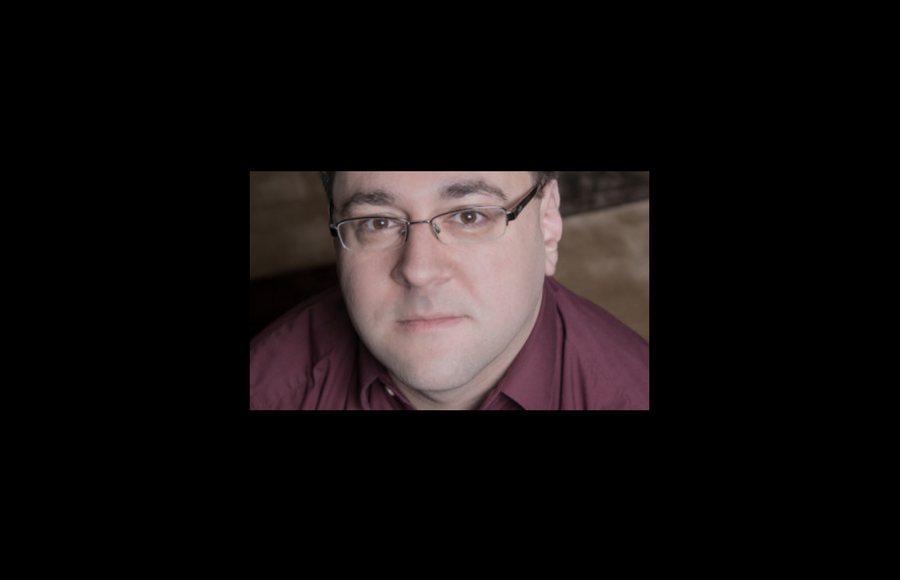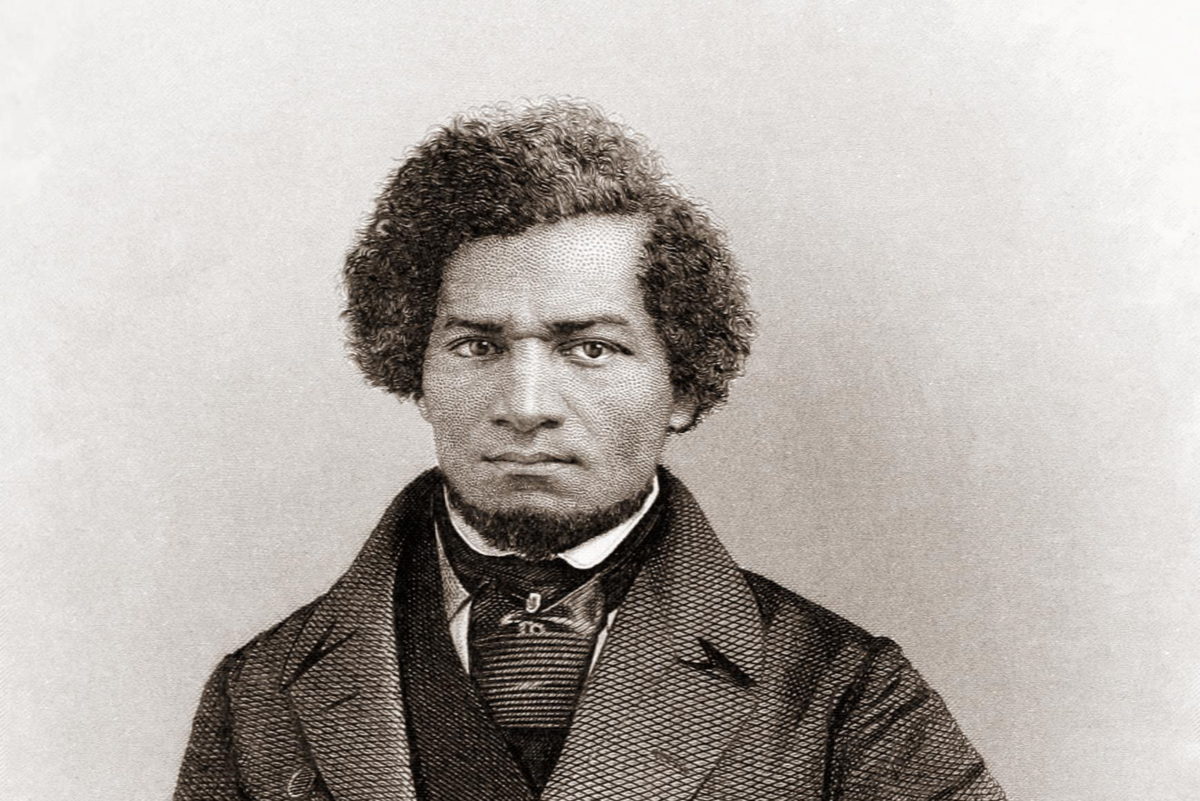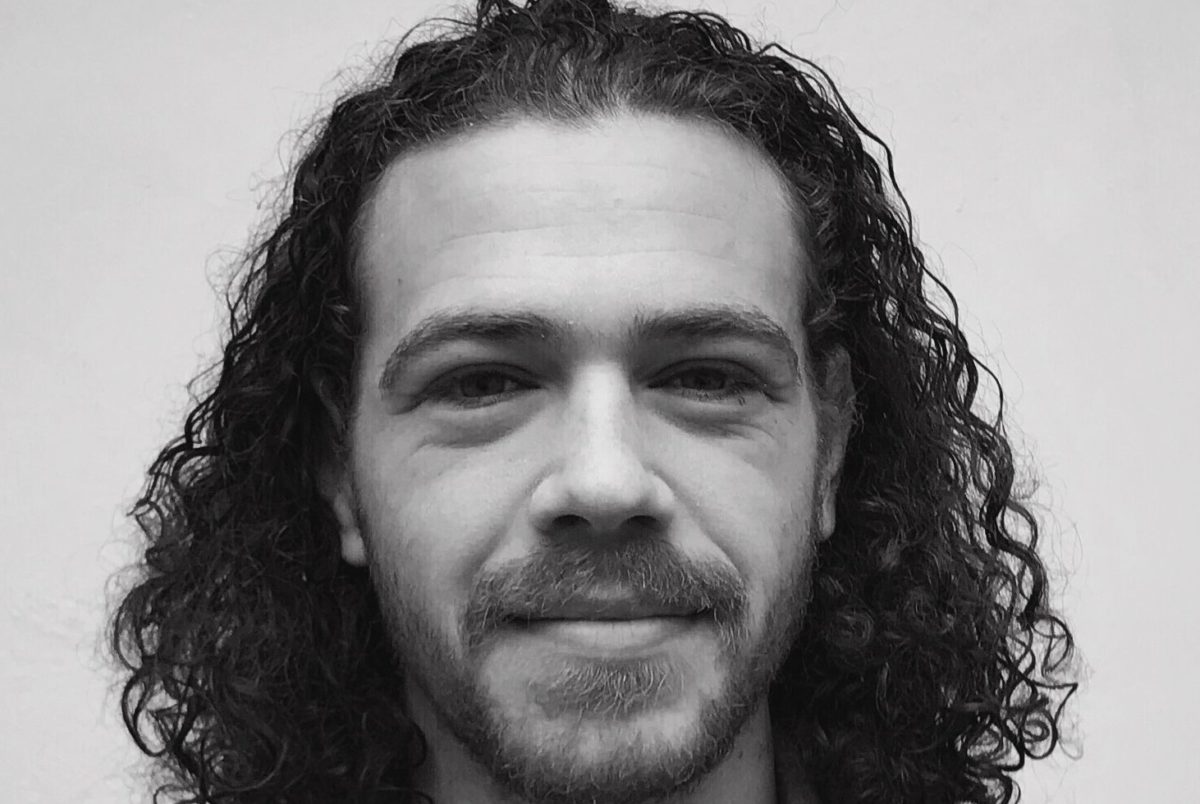Dr. Greg Salmieri holds a fellowship in philosophy at the Anthem Foundation and currently teaches at Rutgers University. His published work focuses on Aristotle’s epistemology and ethics and Ayn Rand’s philosophy and novels. Of special note here, he is coeditor with the late Allan Gotthelf of the forthcoming Companion to Ayn Rand, the first volume to offer a comprehensive scholarly treatment of Rand’s corpus (including her novels, philosophical essays, and her analysis of the events of her times). Sydney Hoff and Jen Minjarez of STRIVE had the privilege of interviewing Greg on his upcoming talk at the 2016 #AynRandCon, titled Taking Responsibility for Your Own Happiness.
* * *
Can you share some background information about yourself and why you chose to go into academia?
As a child, I was always interested in big ideas. And I wanted a life that combined teaching, writing, and thinking about fundamental questions—questions about what sort of world we live in, about the standards for thinking, and about how we should live. Even early on I associated that sort of thinking with the word “philosophy,” but I didn’t think there was such a job as “philosopher”—at least not in the modern world. And I didn’t see any place where I could have that kind of a career. Frankly, I found it depressing. When I got to college, I found that that those sorts of discussions were taking place in the philosophy department, and that some of the professors had just the sort of mix of activities I’d always wanted in my career.

How did you discover Objectivism?
I discovered Objectivism twice, actually. The first time was when I was in junior high, as I was developing an interest in politics. My parents were what are sometimes called business conservatives—pro-business and anti-welfare, without a strong position on social issues—and I absorbed some of those ideas from them. But I was always looking for the principle behind things, and so my thinking was developing in a more radical direction. A relative told me that I sounded like Ayn Rand and gave me a copy of Capitalism: The Unknown Ideal. I read it during a period when I was reading other political books by authors across the ideological spectrum, and it was definitely my favorite. But it didn’t lead me directly to read more by her.
I gradually became less interested in politics and more interested in ethics, thinking about my own life and the lives of people around me, rather than the society that I was in. When I went off to college, I knew that I was interested in philosophy but I had scattered knowledge of the field. I began attending the philosophy club meetings on my campus, and I was told by my fellow members that my thinking was very similar to that of a certain professor: Allan Gotthelf. They said he was a good resource on a number of topics that interested me (art, emotions, philosophy of mathematics), and added, “But you’ve got to put up with that fact that he always wants to talk about Ayn Rand.”
I thought, “Wow! I really like her too!” In fact, some issues in the history classes I was taking that term re-sparked my interest in politics and I had been thinking of re-reading Capitalism. So I spoke with Allan, took one of his classes and read a bit more by Rand as part of the coursework. That got me interested in reading more and over the course of the next year, I read everything by her. By this time, I’d decided to major in philosophy, and so I was also starting to read the classics in the field—Plato, Aristotle, Locke, Hume, Kant, etc. Allan was a great teacher and resource to me throughout this process. We eventually became friends and worked together.
Was Allan a mentor to you?
Yes, I would say so.
Was he the biggest inspiration for you in your college career?
In terms of career path, he was one of several. Other professors, including some with whom I didn’t have much in common ideologically had a big impact as well. But I admired the way they taught or the fact that they were writing books expounding their own ideas and that these ideas were getting debated on campus. At that time Allan was doing mostly scholarly work on Ancient philosophy rather than writing on philosophical issues directly. Eventually, I gravitated in that direction as well, and he was definitely an influence in that. But it’s not the sort of work I envisioned myself doing when I first thought about being a philosopher.
You wrote a book with Allan, entitled A Companion to Ayn Rand. Tell me about it.
Note: Students, you may request a free copy of this book, here.
There are many “companions” to different authors, and I like that genre. The books address their audience as people who are intelligent and educated, but who are relatively new to the author in question. They want to take the author seriously and relate him to the rest of their knowledge, and they’re looking for experts on the subject to fill in some of the context they need for that sort of thinking. This book is the first book on Rand whose central and sole purpose is to aid someone in that process.
It is for someone who is exploring a lot of ideas, including Rand’s, and trying to figure out what is true. We’re not arguing for Rand’s specific positions, but rather serving as a guide and facilitating people who want to study her as part of a wider study of philosophy—or of some related field or issue. Rand was very much about tying philosophy to life—seeing philosophy as a tool for living on earth and something that comes out of your reflections on life. This book works to convey that, to help those exploring these ideas to understand what Rand was all about.
Books in this genre are usually multi-author collections. That is the case here. Allan and I edited it by gathering people who are especially knowledgeable about Rand and getting them to write something about her. Onkar Ghate, amongst others, was also a contributor.
The title of your talk is “Taking Responsibility for Your Own Happiness.” Why should we? Do people overlook this?
Sadly, I think so. Most people don’t think much about their lives as a whole. They make decisions in the short and medium scale, from a very constrained set of options that are obvious and obviously available to them. They don’t put a lot of thought into what they want out of life as a whole, what a life can be like for them, and what their priorities are. Or they don’t think about it early enough. It is an important thing.
Most people aren’t thinking, “What is most important to me, and how can I lead my life so as to get it?” Yet this is one of the most important questions you can ask.
In my talk, I will discuss the ethical side of this issue; Gena will discuss the psychological methods surrounding the type of thinking involved in the issue (read about her talk here). You could have a conference on free will and discuss the topic in a very dry, unmotivated, academic manner, considering only the neuroscientific evidence, or metaphysical theories, for and against free will. But those discussions are only valuable because the question of whether we have free will or not matters.
It matters to us what we have control over, what we have a choice about. It matters to us because we are people leading our lives —who need to make choices and know what we are responsible for, what we should hold other people responsible for, what we can and can’t accomplish, and what we should take pride in doing.
In my talk, I will emphasize two key things. First, I will emphasize what, in your own thinking, can you take control of, and how can you take control of, your own mind and thinking? How can you avoid being a pawn of the ideas that you were brought up with? Onkar will discuss this further at the conference in his talk entitled “Seize the Reins of Your Mind” (see here).
I will also emphasize how to apply this to your life, so that you aren’t just someone who does whatever someone like you is “expected” to do—what your parents, the culture, statistics, and so-on expect. But rather you are someone who recognizes that you have a finite amount of time to live and you don’t want to waste it!
What are the pillars of Rand’s ethics, how can they help us understand how to become happy?
That’s a big question.
As a human being, one lives by reason. And reason’s role in your life is not just calculating how to satisfy whatever desires you happen to have, but one of conceiving of a whole life for yourself that is worth living, that you find inspiring. And that has to be a life, since we are creatures that live by reason, that features your capacity to think. Developing your mind and using it to its fullest is central to life.
It also has to be a life such that the various things you do are integrated around some purpose. So that you are not like a ship adrift, pursuing one thing now and another thing later, without it ever adding up to anything. You need there to be some kind of sum that your life adds up to where you see yourself growing and making progress towards something.
This something needn’t be concrete, but it has to be some kind of direction that you can see things adding up to and leading towards.
Then, you have to own the fact that what you’re pursuing is your own vision of what you want out of life. What you are pursuing is your own happiness. And you have to have created the life, and yourself, in such a way that you can be confident that you are capable of achieving it and that you are worthy of achieving it.
This all ties back to Objectivism’s three cardinal virtues: reason, purpose, and self-esteem.
What do you hope students will gain from your talk? What is the takeaway?
There are a few key things that I hope students take away from my talk.
I hope they have a more fleshed out version of my answer to the previous question about Rand’s ethics and how understanding and living by them will enable us to achieve happiness.
I also want students to gain a lens through which they can view the other topics, such as those that are more political or applied. One thing that philosophy can do for you is help you to see how other topics fit into a larger whole. Political topics address what kind of society we need to lead this kind of productive, meaningful, valuable life. Psychology topics address what techniques can help us lead this kind of life. I hope my talk connects the others in this way so that they become part of a larger system, rather than separate things in a vacuum. I hope my talk helps students to see the interconnection and commonalities between all of these topics.
Lastly, I want to help students appreciate and engage with Rand’s work better, a small dose of the kind of help the Companion offers. I want to help them better put their fingers on the things in Rand’s works that resonate with them, and help them to think more clearly about those things.
What is the first step toward being a happier person?
Well, one good step is going to this conference. 🙂
How do you become happy? What’s your personal strategy?
Well, a detailed strategy on how to go about this is more Gena’s topic. That said, here’s what I think is helpful:
Notice when you are just ‘going with the flow’ of what’s expected of you—by other people or yourself, based on some conventional view of what your life has to be like – but you’re not moving towards something that excites or interests you.
For example, going to college because everyone else does after high school, picking a major because it seems the most convenient out of a small list of options, or taking a class because it’s the one that people in your major take—that’s going with the flow and acquiescing to expectations.
Similarly, try to notice when you feel like you’re on a kind of track, rather than making progress towards something you’ve picked out and picked the means to. When you notice this—and we almost all find ourselves in this sort of position sometimes—ask yourself to think, ‘What do I want?’ You have to take the reins. You have to take charge.
There are a number of times I remember doing this. In my first year of college, I had to decide what I wanted and how I could relate what I was doing at the time to these goals. At several points in my career, things weren’t going exactly as I had hoped and I had to think about how to reorient.
Look for those moments when what you’re doing is following a script rather than pursuing something you love. And then devise and follow a plan to shift your actions so that your moments are out of passion, not duty.
How would you boil down your ideas on happiness?
What Rand and I mean when we talk about happiness is not just the pleasure you might feel in a moment.
Rand described it as non-contradictory joy. An emotion that comes from achieving deeply held values, and knowing that the achievement of each of these values furthers your achievement of everything else that you want out of life, rather than conflicting with it.
To have that experience is to have a certain kind of life. To have that kind of experience, that kind of emotion, and the kind of life that that emotion is the experience of, you need to possess a consistent and achievable hierarchy of values. Your values have to be integrated with one another such that achieving one helps, rather than frustrates, the others. And of course they all have to be things that it’s possible for you to work towards and achieve
Your own day-to-day life and action have to be integrated around their achievement, so that your life isn’t a random bunch of motion, but instead a progression towards this goal.
Any closing remarks you’d like to share?
Just that I’m looking forward to meeting all the students at the conference. I’ve been to a number of conferences like this before, and I find that even when the programming is excellent (as I think it will be here), the informal discussions outside of the sessions are often more valuable. They give you a chance to really work through ideas in live, real-time conversation with people, which is something you can’t do with a book or even a YouTube video. It’s a value for the students, but for the speakers as well. So I’m looking forward to chatting with the students, and I hope you’ll all feel free to ask me questions or strike up a conversation if you see me.





